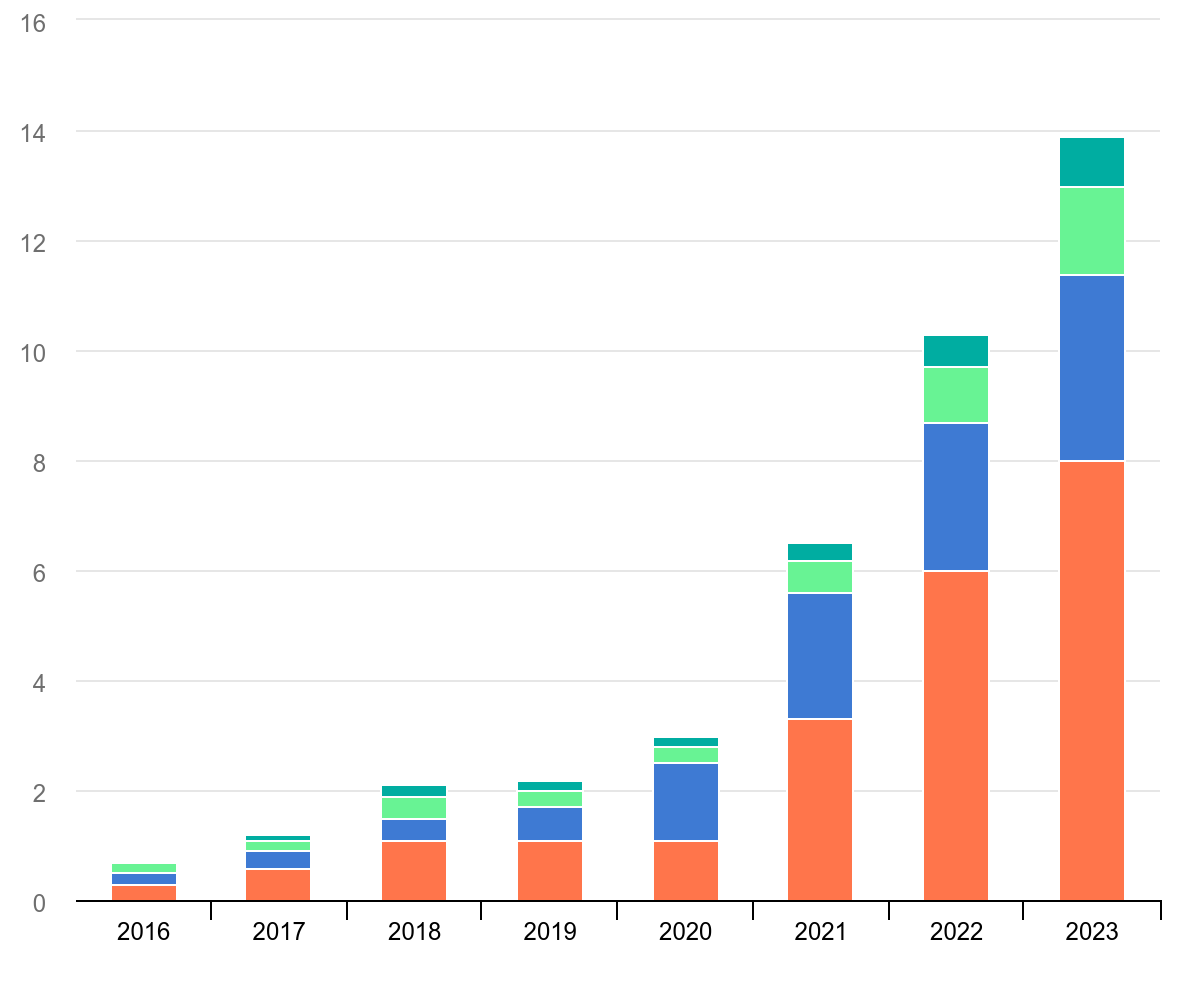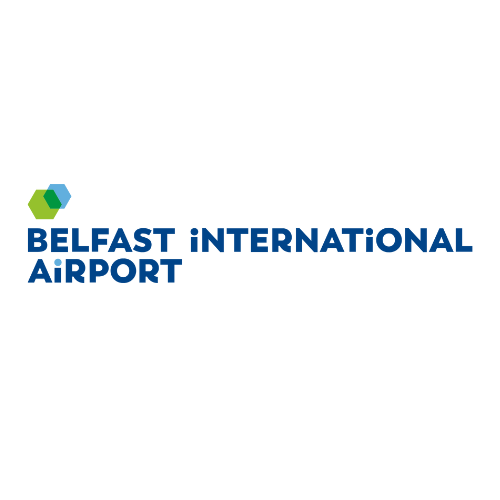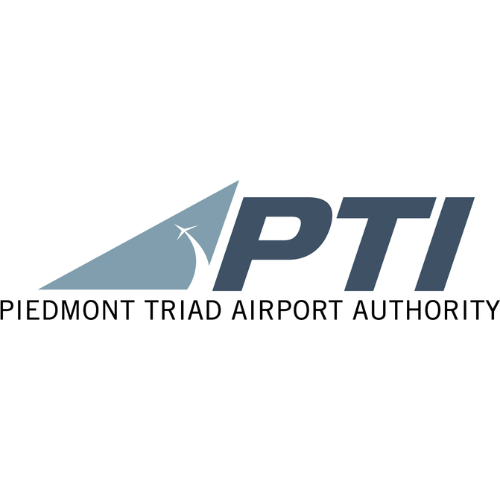It’s no secret we’re ready to travel again. International tourism is expected to make a full recovery in 2024 with 9.4 billion passengers hopping on a plane. As the world makes up for lost time, more than half of these travellers are embracing advances in technology and automation that improve their travel experience.
Airports are listening. According to the 2023 Airport IT Insights Survey, there’s been a steady increase of the percentage of revenue spent on airport IT since 2019. From Artificial Intelligence (AI) to sustainability, airports are focusing on advanced technologies to improve passenger experience and meet increasingly complex service expectations. What do the latest developments in technology mean for airports in the year ahead?
We look at the airport technology trends that will shape the travel experience in 2024.
1. Big data and analytics
With much data in the hands of the airlines, airports still have work to do to get up to speed with other industry sectors. Software tools such as Rezcomm’s travel and parking modules are invaluable in streamlining passenger experience and providing an opportunity for data capture. This data can be used to personalise customer experience, essential when more than 70% of customers expect better personalisation with technology advances.
Benefits range from ancillaries and upselling through knowing the customer demographic to providing a smoother time at the airport. For example, data can be used to predict queues, and allocate resources to keep lines short. If the data predicts a long wait at security, airports can deploy more security staff to speed the process up.
2. Cyber security
With this expansion of digitalisation across the aviation industry comes an increased threat from cyber criminals. The Airport IT Insights Survey reported that every airport surveyed had invested in cyber security, up from 77% in 2022. As SITA’s CEO, Barbara Dalibard, explains:
“The importance of cybersecurity is well recognised, and airlines and airports are investing in building a solid security foundation. However, the number of cyber threats continues to grow exponentially every year, as does the sophistication of those threats.
“Given the complexity and integrated nature of the air transport industry, we need to move far quicker in establishing proactive defences to ensure we stay ahead of the game.”
As a result, data warehousing experts like Rezcomm have become vital to securing the data associated with aviation.
3. Artificial Intelligence
Artificial Intelligence (AI), robotics and machine learning are no longer futuristic; they’re here and they’re developing fast. According to research firm Markets and Markets, the AI market will grow from $16.06 billion in 2017 to $190.61 billion by 2025.
The appearance of chatbots on nearly every website demonstrates the impact and scale of this technology. Marketers already harness AI as a source of valuable user data, and with the potential for integration at every level of the operational infrastructure in the airport, this is one trend that is gaining real air miles.
As with data collected through other software systems, it’s important to implement a Customer Relationship Management (CRM) system such as Rezcomm’s to use the data for optimum results. It’s what you do with it that counts!
4. Voice technology
Another technology being snapped up by the travel industry is the voice-powered search. London’s Heathrow Airport has partnered with Amazon Alexa to enable passengers to access information about their flight using voice-activation: the user says the word “Heathrow” out loud, followed by a flight number. The whole process is hands-free, allowing them to multi-task, potentially saving a lot of time. The customer will arrive at the terminal already feeling that they are having a positive, relaxing experience.
5. Robotic airport assistants
The use of robotics in airports isn’t a new phenomenon, and it’s gaining steady steam with the airport robots market expected to reach $1.91 billion in 2029.
Geneva Airport launched its first trial of a customer service robot as far back as 2013. In 2015, KLM launched trials of its game-changing Spencer robot at Amsterdam’s Schiphol Airport, and in 2017, LG released two robots, one designed as an airport guide and another specifically to clean airports. 2018 saw Munich Airport trial humanoid passenger-assistance robot Josie Pepper, and robotics expert Vanderlande is expanding to future-proof the scalability potential of robot technology for baggage handling as demand for these services increases. Schiphol Airport has already implemented baggage robots after a successful pilot program in 2023.
6. Virtual reality
Virtual reality (VR) immerses conventional training, traditional theory, and practical training in a realistic environment — especially useful in airside operational training. May 2017 saw the first use of VR in training, and it’s since been implemented by airports worldwide for a variety of scenarios, including VR fire-fighting training at Christchurch Airport in 2020 and Newcastle Airport in 2023.
7. Smarter security
The biometric technology market is growing with a USD 150.58 billion revenue forecast for 2030. With rising passenger numbers and concerns about security, biometric scanning provides a popular solution for airport operators to implement for security screening and passenger safety.
Biometric technology is already being used in airport operations worldwide. Frankfurt Airport, Lyon Saint-Exupéry Airport, Dubai International Airport, and Hong Kong International Airport are just a handful that have tested or implemented biometrics for security purposes. In 2023, the United States Transportation Security Administration (TSA) announced the expansion of its facial recognition technology system to 430 airports across the country.
There are privacy and data protection concerns such as the potential for unauthorised access or misuse, as well as strict international data privacy laws like the European Union’s General Data Protection Regulation (GDPR), that airports must weight in while implementing biometric technology. Airports that adopt this security system must be extra vigilant in protecting passengers’ personal data and delivering a smooth passenger experience as biometric technologies continue to develop.
8. Sustainable practices
The 2023 World Travel & Tourism Council Consumer Trends report showed that sustainability matters to travellers, who want to “reduce their carbon footprint and support sustainable tourism”. Hotels and airlines are increasingly highlighting their sustainability efforts, and airports aren’t being left behind.
Airports are investing in ways to make operations sustainable, with several airports planning to implement sustainable aviation fuel refuelling and sustainable selection criteria for technology suppliers. Infrastructure is a key area of sustainability focus for airports. The Airport IT Insights Survey reported that 92% of airports are prioritising suppliers that offer cloud-based services such as Rezcomm.
Learning from the automotive industry
It’s tempting to dismiss radical developments as futuristic, or to play down their short to medium-term impact on the air transport industry. However, lessons can be taken from parallel sectors, particularly the rise of the electric vehicles market within the auto industry.
The electric car market was almost non-existent less than a decade ago, with fewer than 1 million electric car sales worldwide in 2016. Yet, according to the International Energy Agency (IEA), electric car sales were expected to reach 14 million worldwide at the end of 2023. By 2030, they expect 67% of all car sales to be electric cars.

If air travel does undergo a technology revolution, the impact on the stakeholder will be significant. Airlines will be forced to rethink their role within the commercial travel sector, and fleet modernisation plans will need adapting. Airports will have to accommodate new types of aircraft, and security strategies will need to be designed to counter the potential threats posed by aircraft that don’t require a traditional airport or runway. This was already foreshadowed at Christmas 2018 with the drone disruption at Gatwick Airport that affected more than 1,000 flights and hundreds of thousands of travellers.
Digital, technological, and engineering advancements are reshaping almost every industry at an unprecedented rate, and while predictions of an air travel industry-wide overhaul are sometimes met with scepticism, it is clear that air transport will look very different in as little as 10 years.
While technology will remain a constant disruptor in the travel industry for the foreseeable future, many familiar trends remain from one year to the next. After all, the integration of new technology is still motivated by improving customer experience, which is a long-term goal of every airport.
Partner with Rezcomm for smart airport technology
The future of air travel is bright, with cutting-edge technologies poised to improve airport operations and enhance the passenger experience. At Rezcomm, we’re bringing the future closer with our innovative plug-and-play marketplace, contactless technology, AI features, and more. Our team of experts has helped airports worldwide implement smart airport solutions to improve operations and elevate the airport experience.




























